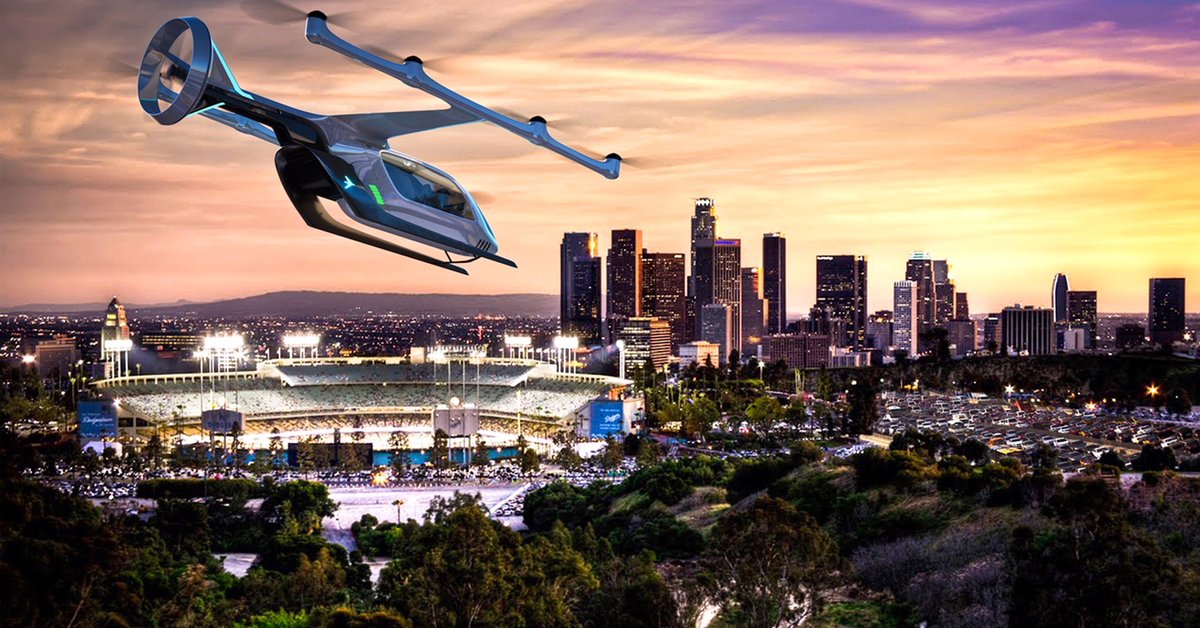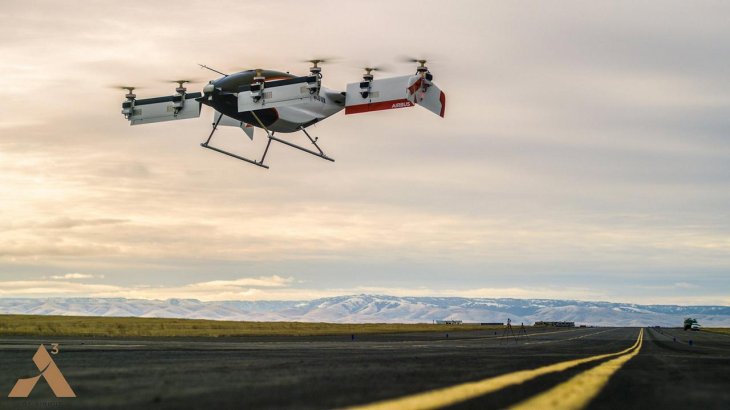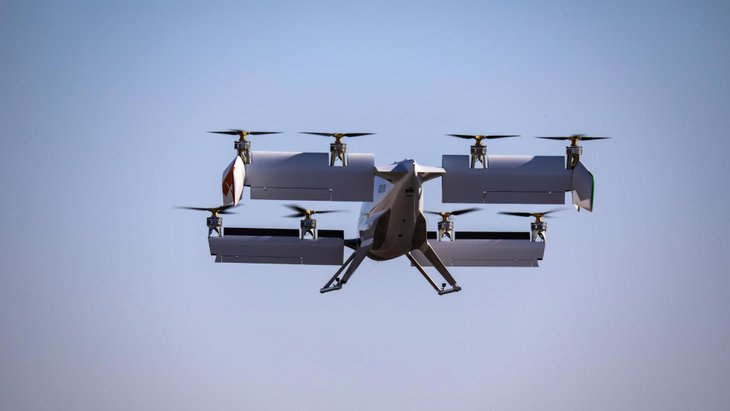Flying Taxis Could Be The Solution To Counter Traffic Problems In 2024 Olympics In Paris
Sundar Pichai - Jul 10, 2019

Airbus, Aeroports de Paris, and the Paris Transport Authority are exploring the feasibility of using autonomous flying taxis for the 2024 Olympics.
- Audi And Airbus's Flying Taxi Project Apparently Takes A Step Back
- “Flying” Taxi Was Detained By Police For Speeding During Test
Self-piloted vertical take-off and landing (VTOL) aircraft would be used during the 2024 Olympics held in Paris, said Airbus representative. He chose the Paris Air show, the world’s largest aerospace-industry exhibition event to announce the plan, implying Airbus’s ambition to become the first certified provider of this vehicle in the world. If VTOL aircraft successfully rolled out this time, Airbus would bring this futuristic technology one step closer to reality.
Road map and current process
Aeroports de Paris (ADP) has some time to pick out a qualified ‘Vertiport’ until this year ends. The chosen site is required to have enough room for one of 10 flying taxis and be located around Paris.

As expected, the city infrastructure will be completed within 18 months to support the operation of flying taxis. The construction requires an investment of $11.3 million. Although there are lots of barriers that need to be dealt with, urban infrastructure is one of the most important factors to determine if the plan can become true. ADP said they would also test out the link “via an existing helicopter corridor”.
According to the announcement at Paris Air show, Airbus is co-operating with ADP to carry out the mobility schemes. The aircraft manufacturer already got two prototype models including the single seater ‘Vahana’ and the four-seaters one ‘CityAirbus’. Within the next several years, a new VTOL vehicle could be released based on the convergence of these two projects.
Factors to consider
There are some requirements for a flying taxi to operate in such a crowded city like Paris. Firstly, the plan might not obtain widespread public acceptance, which might put an end to it.
Secondly, for the vehicle itself, there are technical conditions regarding anti-collision detection and battery power. Besides, it is the traffic regulation and the security levels that the vehicle needs to satisfy before running on the ‘road’.

Nonetheless, VTOL remains a very potential industry when the market is estimated to be worth $17 billion for the US alone in 2040.
Featured Stories

Features - Jan 29, 2026
Permanently Deleting Your Instagram Account: A Complete Step-by-Step Tutorial

Features - Jul 01, 2025
What Are The Fastest Passenger Vehicles Ever Created?

Features - Jun 25, 2025
Japan Hydrogen Breakthrough: Scientists Crack the Clean Energy Code with...

ICT News - Jun 25, 2025
AI Intimidation Tactics: CEOs Turn Flawed Technology Into Employee Fear Machine

Review - Jun 25, 2025
Windows 11 Problems: Is Microsoft's "Best" OS Actually Getting Worse?

Features - Jun 22, 2025
Telegram Founder Pavel Durov Plans to Split $14 Billion Fortune Among 106 Children

ICT News - Jun 22, 2025
Neuralink Telepathy Chip Enables Quadriplegic Rob Greiner to Control Games with...

Features - Jun 21, 2025
This Over $100 Bottle Has Nothing But Fresh Air Inside

Features - Jun 18, 2025
Best Mobile VPN Apps for Gaming 2025: Complete Guide

Features - Jun 18, 2025
A Math Formula Tells Us How Long Everything Will Live
Read more

ICT News- Feb 18, 2026
Google's Project Toscana: Elevating Pixel Face Unlock to Rival Apple's Face ID
As the smartphone landscape evolves, Google's push toward superior face unlock technology underscores its ambition to close the gap with Apple in user security and convenience.

Mobile- Feb 16, 2026
Xiaomi Launches Affordable Tracker to Compete with Apple's AirTag
For users tired of ecosystem lock-in or high prices, the Xiaomi Tag represents a compelling, no-frills option that delivers core functionality at a fraction of the cost.

Mobile- Feb 17, 2026
Anticipating the Samsung Galaxy S26 and S26+: Key Rumors and Specs
The Samsung Galaxy S26 series is on the horizon, sparking excitement among tech enthusiasts.
Comments
Sort by Newest | Popular